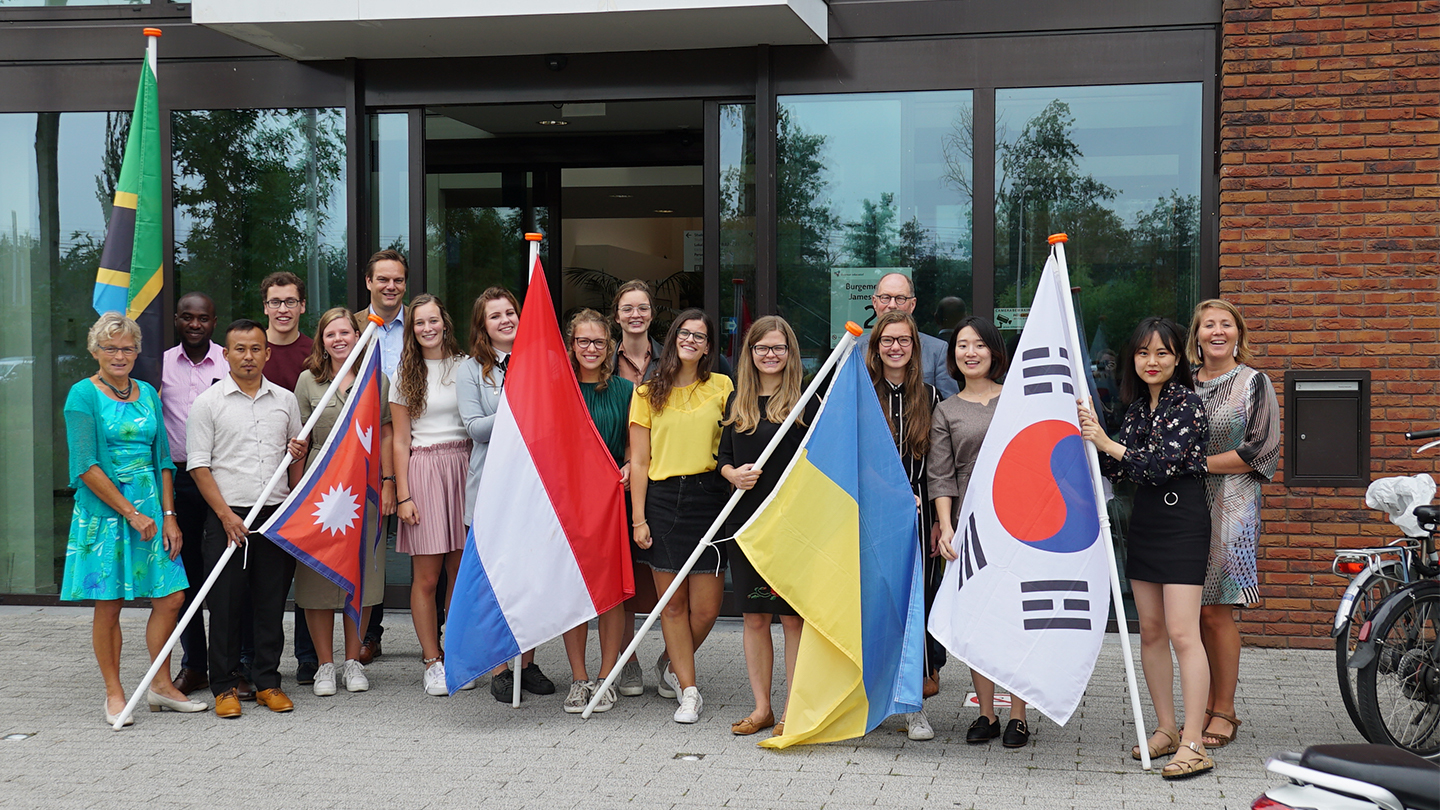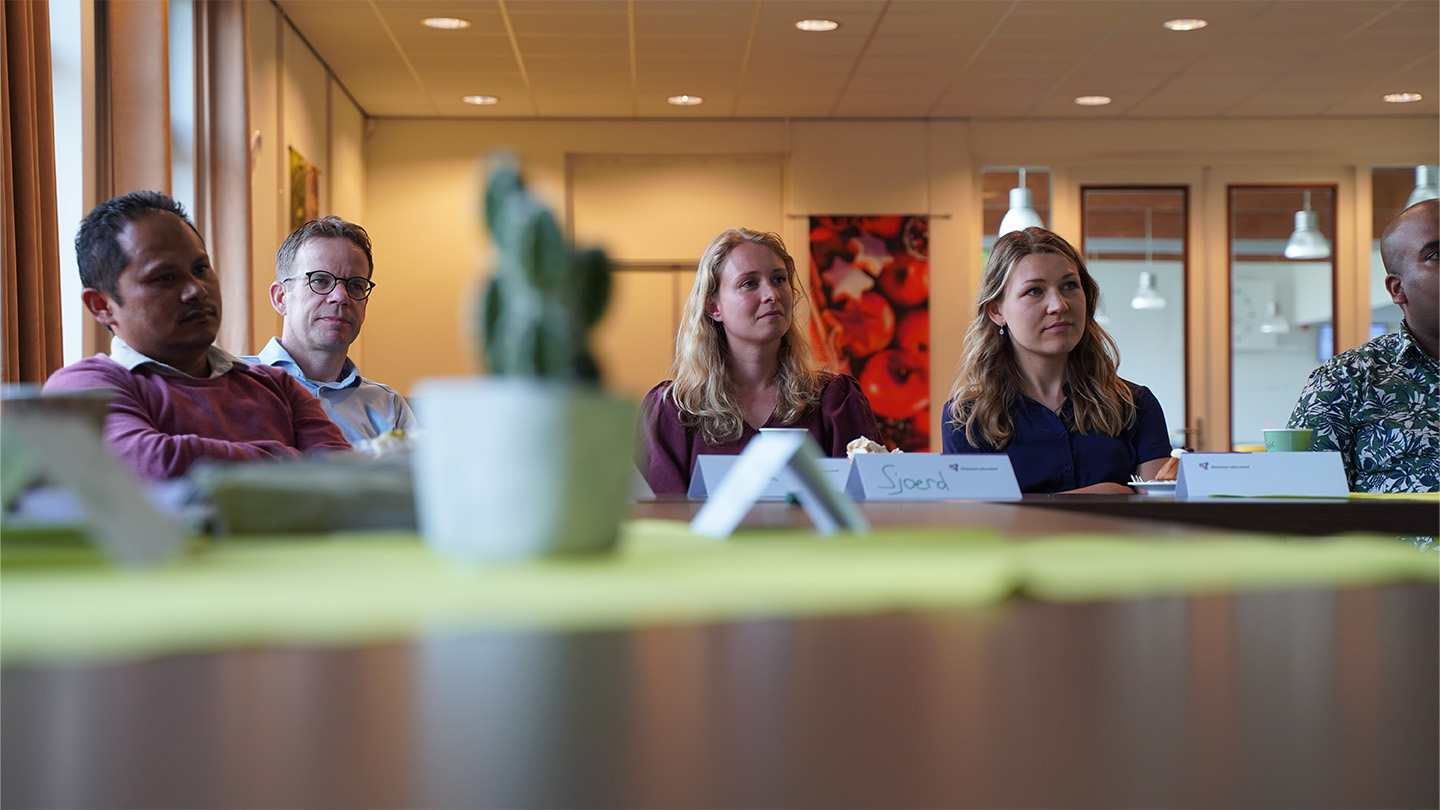Recently, in the Journal of History of Education a first article is published on the inspiring educational theory of the Dutch educationalist Philipp Abraham Kohnstamm (1875-1951).
The article is titled ‘A Dutch example of New Education: Philipp Abraham Kohnstamm (1875–1951) and his ideas about the New School’ and is published open access. As formulated in the abstract: ‘Philipp Abraham Kohnstamm was one of the founders of Dutch educational science and a key figure in the New Education movement in the Netherlands. The article has three aims: first, to depict Kohnstamm as an insightful example in the process of sharing and adopting ideas around New Education and the implementation of these ideas in the Dutch context. Second, to demonstrate that the New School ideas Kohnstamm embraced − such as the Dalton Plan (of Helen Parkhurst, 1887−1952) and the Gary Plan (of William Wirt, 1874–1938) − fitted in with his philosophy of personalism; this philosophy also explains why he did not choose Montessori education, which was very popular in the Netherlands during his time. Third, that this philosophy at the same time partly explains the initial limited impact Kohnstamm had on Dutch education.’
This research is a sub-study of the PhD-research of Marloes Hoencamp. Supervised by -among others- Bram de Muynck, she conducts a research into the concept of person formation in the theories of the Dutch educationalists Kohnstamm and Langeveld. These two professors were, respectively before and after the Second World War, leading figures in both academic pedagogy as well as the pedagogical professional practice. In the near future, Marloes hopes to publish another article on Kohnstamms personalism, followed by an article on the sources of Langeveld's theory - which will include the philosophy of phenomenology. So: to be continued!



